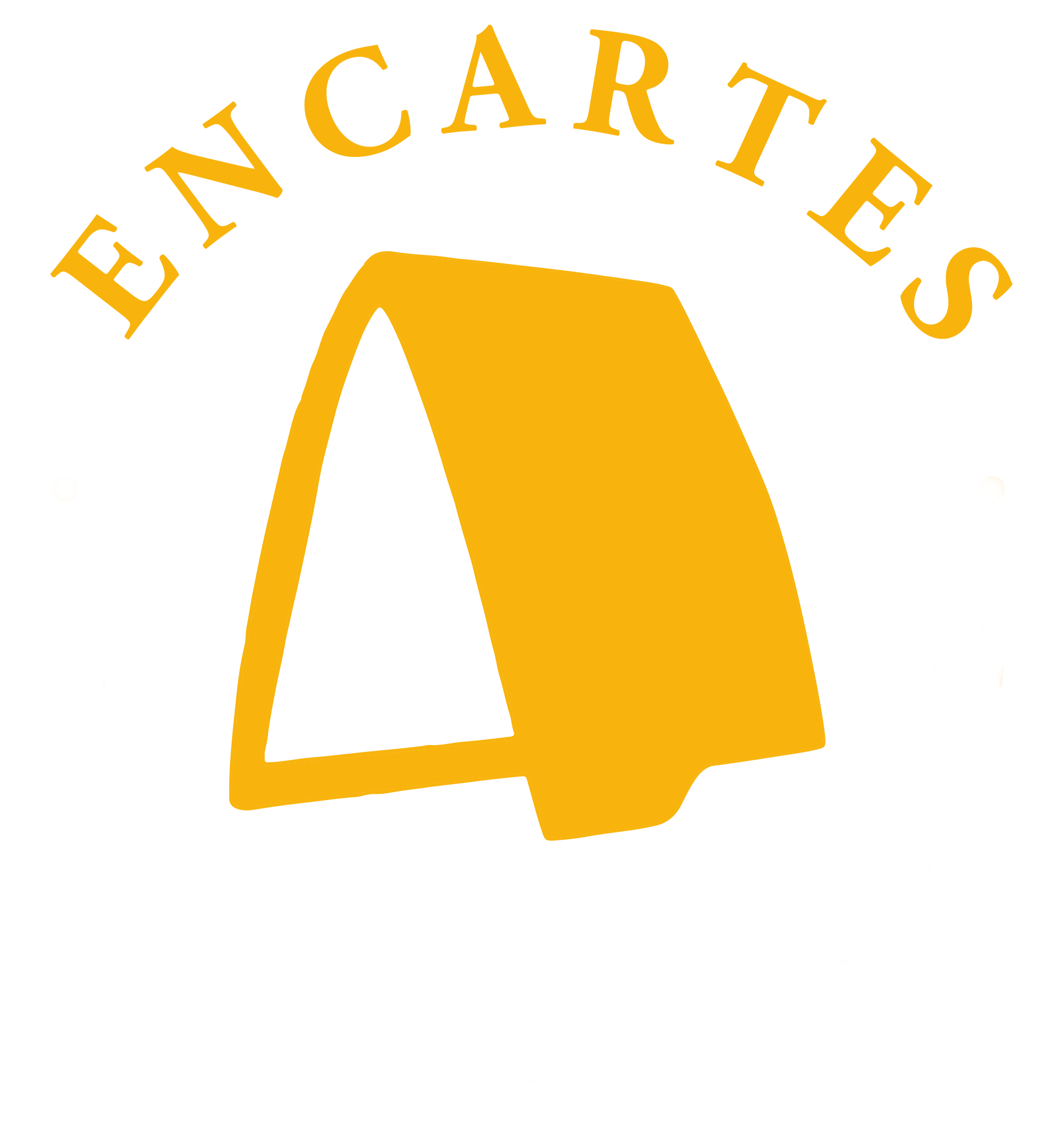Encartes and Open Science
Paradically, the communicative amplitude of the technologies that support social networks have not democratized knowledge, since both publication and access have been incorporated into systems of global mercantilization of science. For this reason, it is important to advocate an editorial policy that promotes open science, which includes free access to scientific publications, the use and development of free software, citizen science and the open dissemination of research data. Put into practice, open science implies an alternative way of generating and disseminating knowledge that marks a break with the model promoted by publishing companies and indexing systems. This policy has increased inequality between research centers and among researchers themselves.
Many organizations have become aware of this problem and have begun to encourage open access policies. Peru, Mexico and Argentina have passed laws to promote open access; the latter country even made it mandatory for research funded by the public authorities. More recently, Plan S was approved in Europe, which stipulates that as of 2020 all research paid for by the State must follow 10 principles, among which are: unrestricted protection of copyright, mandatory open access and the unification of open access publication orders, which must never be the responsibility of researchers. In Mexico, the Permanent Seminar of Editors, a group periodically convened by the Network of Directors and Editors of Academic and Refereed Journals of the UNAM, has been very active in the promotion and dissemination of open science through round tables, presentations and workshops. In January of this year this organization sent to the new directors of Conacyt a series of proposals that, if accepted and correctly implemented, will represent a very important step to recover open science in Mexico, captured by the global model of capitalization of scientific production.
From our humble trench, in Encartes we defend and promote any and all initiatives aimed at opening up science and critical thinking in society and the scientific community. Therefore, we strive to provide open access to all our content -both written and multimedia-; we seek to develop tools that allow access to research data that usually remain in the private archives of researchers and research centers; as well as to disseminate audio documents and images that provide sensitive texture to field research. All multimedia material published in Encartes is available for use in other research, as long as the requirements of the CC-BY-NC license are met. In this sense, we join our efforts to the Permanent Seminar of Editors in its work of dissemination and awareness of open science in Mexico. We hope that other journals and institutions will do the same to achieve a freer and more critical scientific environment.
Editorial Coordination Team Encartes
Renée de la Torre Castellanos, Santiago Bastos Amigo, Manuela Camus Bergareche, Luis Escala Rabadán, Alejandra Navarro, Arcelia Paz, Arthur Temporary






